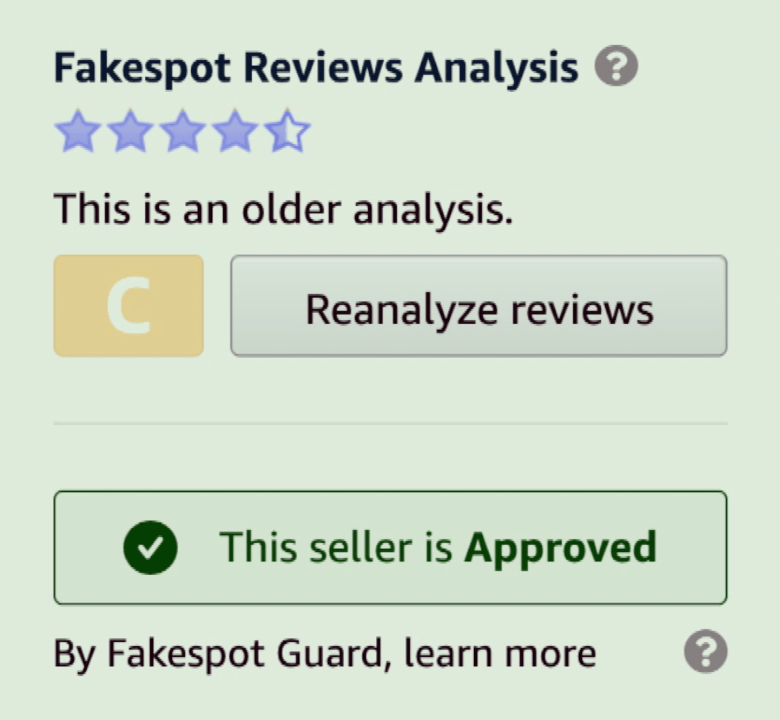Customer reviews are an essential part of online shopping. They help us make decisions on products big and small.
Problem is, people are being incentivized to post: they’re getting free products in exchange for five-star reviews.
Follow Tech Reporter Rich DeMuro on Instagram for more tech news, tips and gadgets!
It was a Facebook ad that helped Eli Reiter stumble upon this underground part of the internet. “I was curious and I clicked it and essentially it offered me a free chair if I offer a five-star review,” explained Reiter, a freelance journalist and student based in Chicago.

The ad whisked him into a virtual rabbit hole, where five-star reviews are exchanged for free products.
“It’s not like I’m hurting Amazon. I’m hurting consumers who are looking for honest reviews,” said Reiter, who would eventually receive various items. He placed reviews for winter gloves, wireless headphones, a smartwatch, and even holiday decor.
Reiter wrote about his experiences in a blog post titled: “My bizarre stint as an Amazon reviewer for hire.”
“I was very careful on my own whenever I left reviews. I was careful not to lie,” explained Reiter.
The underground system has users join secret Facebook, Twitter or Telegram groups, where the free merchandise is offered up.
To ensure secrecy, and to evade Amazon scrutiny, would-be reviewers buy the items themselves. After a review is posted, money to cover the cost of the purchase is deposited into their PayPal account.
For an extra level of stealth, many manufacturers use third-parties to do the dirty work of recruiting reviewers. They’ll get a commission based on how many reviews are collected.

“We have these clubs of professional reviewers that literally this is their daytime job,” explained Saoud Khalifah, CEO of Fakespot, a website that helps consumers identify fake reviews and counterfeit items.
“Since lockdown, I would say the amount of issues happening on these platforms has skyrocketed,” said Khalifah.
Amazon encourages customers to share “opinions, both favorable and unfavorable” and says “reviews should give genuine product feedback from fellow shoppers.”
The website says they have “a zero-tolerance policy for any review designed to mislead or manipulate customers.”

“I think reviews are the most critical component for any e-commerce or virtual transaction,” said Khalifah.
Fakespot uses artificial intelligence to analyze reviews on sites including Amazon, Walmart, Best Buy, Yelp, TripAdvisor, and eBay. A Chrome extension displays a Fakespot letter grade, along with analytical insights.
Khalifah also recommends looking up hands-on video reviews of items because those can’t be faked (just yet!). You can also click a reviewer’s profile to see the other items they’ve reviewed.

“Stating facts or writing positive things with many exclamation points, perhaps that’s when your mind should start wondering, ‘am I being lied to?'” concluded Reiter, who told me he gave up participating in the scheme since it just didn’t feel right. He ended up donating some of the items he received during his experiment.
Amazon recently told the website The Verge that they process over 10 million reviews each week before they go public. Good reviews can pump sales on Amazon, so it’s easy to understand why manufacturers are interested in getting their numbers higher.
NOW: Listen to the Rich on Tech podcast, where I talk about the tech news I think you should know about and answer the questions you send me!




















